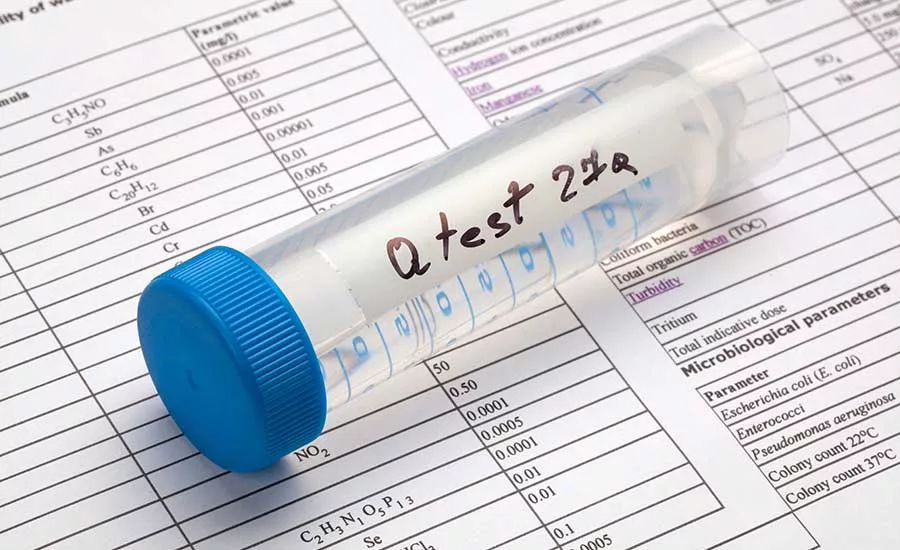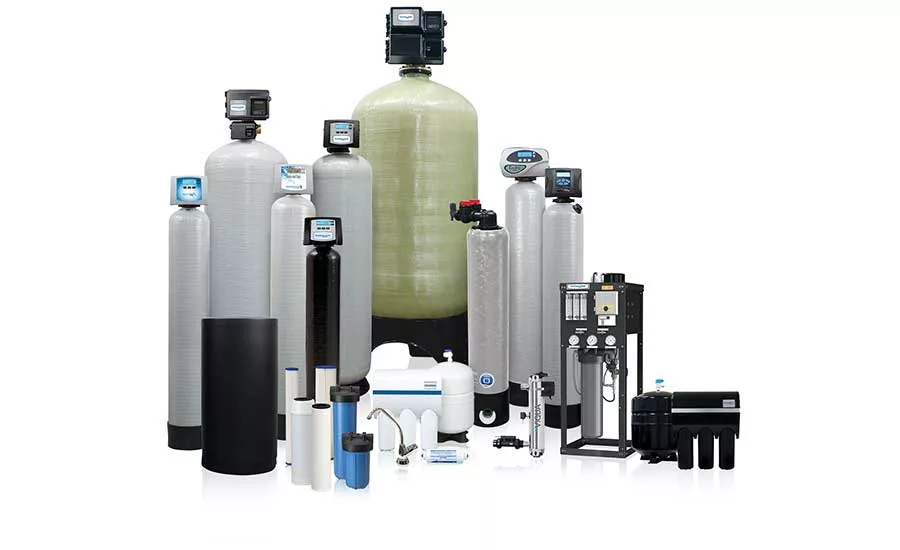For Drilling Jobs, How Can Water Treatment Boost Your Bottom Line?


Adding water treatment to your drilling company’s list of services can increase the frequency of service contacts with customers and, ultimately, your bottom line. Source: Water-Right

The connection between residential and commercial water well drilling and water treatment equipment is undeniable. In most cases, groundwater needs to be treated to remove hard minerals, iron and potential contaminants so it becomes ideal for cleaning or consumption. However, the opportunity to sell water treatment is overlooked by far too many well drillers and pump installers. For those looking to expand their business into an area seeing plenty of growth, here are three reasons to consider taking the leap and three steps to help you get started.
Why sell water treatment and testing services?
1. You already have a foot in the door
The simple fact that you are already talking to customers about their water makes the chance to help people further, plain and simple. Your customers are likely already asking you questions about water quality. If you can answer those questions and provide solutions, you are helping them kill two birds with one stone.
Why call another contractor for the installation of a softener or filtration equipment when they could get it done all at once?
2. You’ll build trust with your customers
New research from the Water Quality Association (WQA) shows dealers and certified water experts are most likely to be considered local authorities on water quality. About 6 percent of respondents in the WQA survey identified well drillers as local experts.
Yet, well drillers and pump installers certainly have valuable knowledge about the makeup of groundwater in a particular region. Don’t underestimate your significance in this conversation.
By learning the ropes of water treatment and filtration, and earning certifications that give you authority, well drillers can increase their influence as water experts while expanding their business.
3. You’ll have an effective recurring revenue model
Since the average life of a residential water well is a decade or more, you could be waiting a while for a repeat customer. And, that’s assuming they’ll remember to call the same company 10 years later.
Providing water treatment products and services keeps your business top of mind with home and business owners, so people will call you when they need help and recommend your services to others.
When you add services like well water testing, you have a reason to visit a customer once a year. Then, you can talk to them about possible water problems. Are they experiencing iron staining? Do they have problems with the way the drinking water tastes? Equipment such as iron filters and reverse osmosis systems are essentially household appliances with their own life expectancies and service requirements.
Providing water treatment products and services keeps your business top of mind with home and business owners, so people will call you when they need help and recommend your services to others. Plus, it keeps revenue coming in during seasonal slowdowns that prevent well drilling.
How do you get started in water treatment?
1. Get an education
Treating groundwater is part science and part art. Sometimes water problems present perplexing mysteries. You need more than just the equipment to fix the problem; you need to understand how to install and apply it. From different types of media to new innovations, there is plenty to wrap your mind around. Jumping into water treatment without having a foundation of fundamental knowledge of the trade is a mistake.
Whether education is pursued through traditional schooling or hands-on training from the manufacturer or wholesaler, it is easily the most important step toward expanding into water treatment. The WQA’s 2017 consumer survey found product knowledge and the ability to answer questions to be the most-desired attributes of a water filtration salesperson.
2. Identify the right people for the job
Another important step in expanding into water treatment is finding the best people in your organization to become the in-house water treatment experts. While it’s important for all employees to develop a basic understanding of the chemistry behind water treatment, you’ll want to train specific employees to work with customers, explain products, answer questions and identify solutions.
Begin by focusing your investment in water treatment education on this person or group of people. Then, have them pass along what they learn to others in your business.
3. Find a reliable partner
Whether you purchase equipment directly from the manufacturer or from a water treatment wholesaler, those partners will not only become part of your supply chain, they should also serve as part of your team.
Finding business partners that offer the necessary training and tools as well as a track record of reliability will increase your chance of success and reflect positively on your operations. Do your research and identify manufacturers with supportive customer service, as well as a knowledgeable and responsive technical services department.
There will be times when you’ll be on a jobsite with questions you can’t answer or concerns that need to be addressed in a timely manner. In those situations, you’ll want to be able to pick up the phone and talk to people you know and trust.
Looking for a reprint of this article?
From high-res PDFs to custom plaques, order your copy today!




